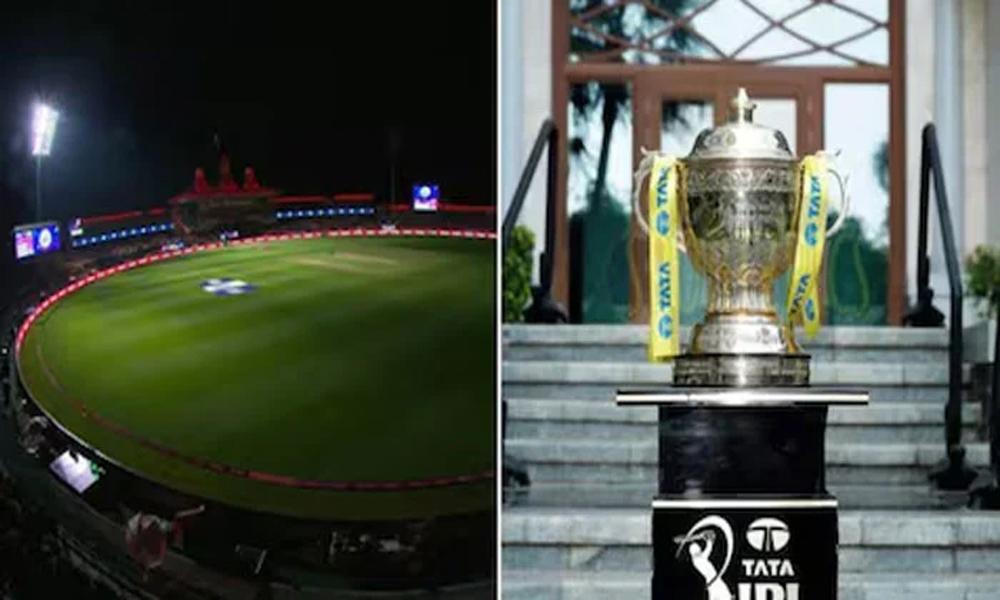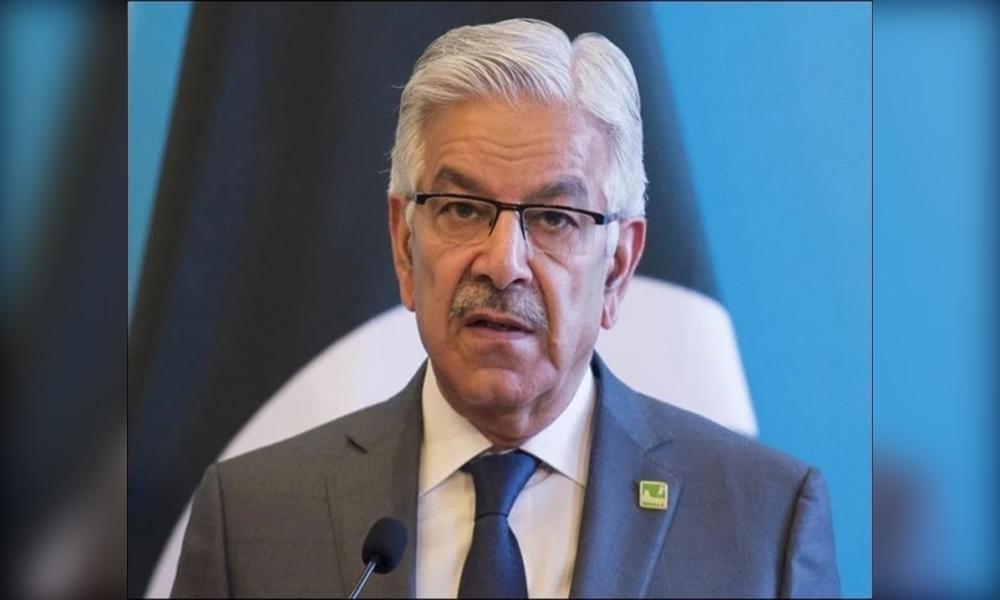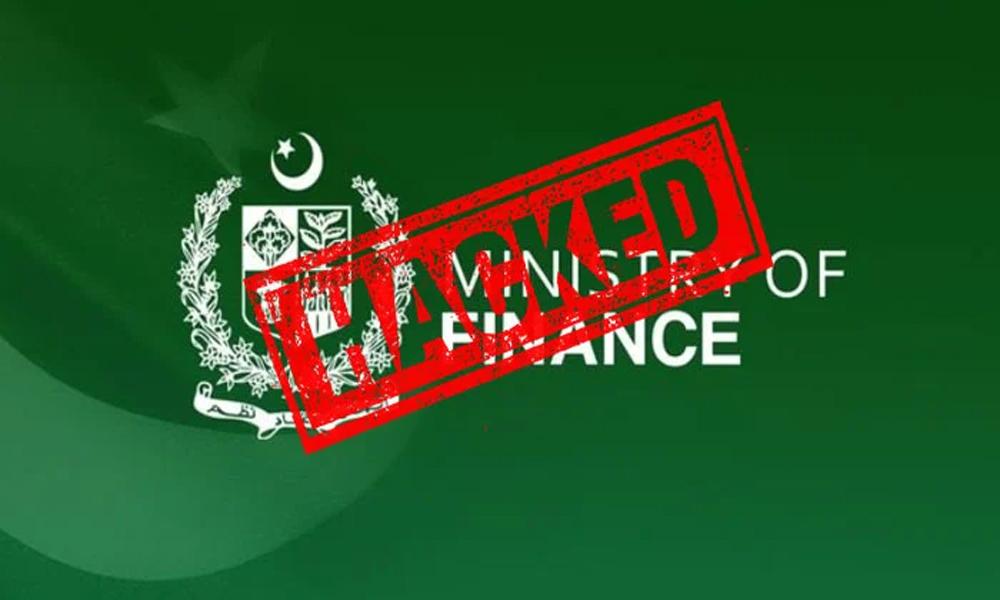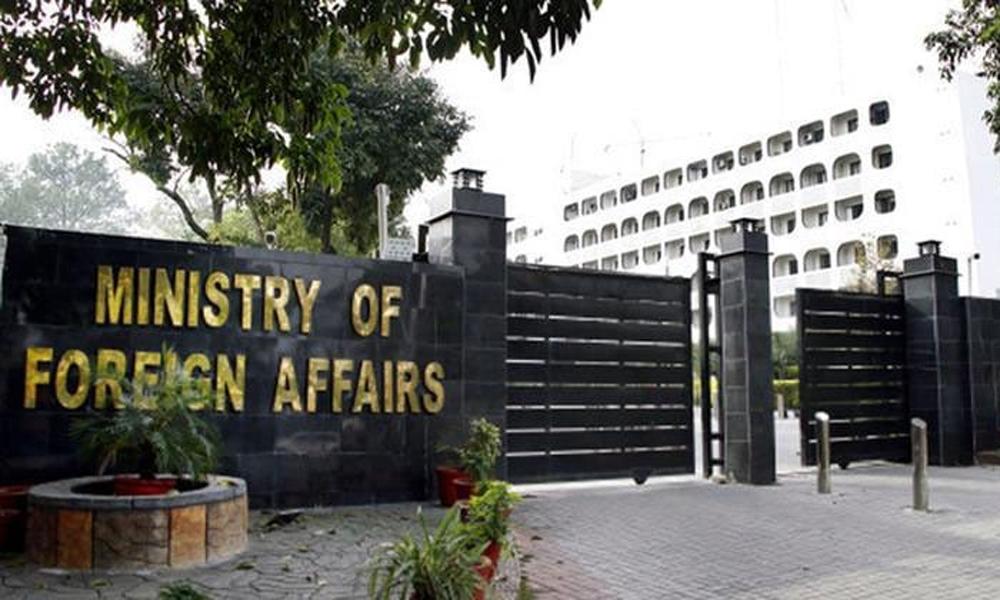The court issues notices to the AGP, President Arif Alvi, the federal government, and the Ministry of Parliamentary Affairs, ordering the joint hearing of both cases on June 13.


Islamabad: The Supreme Court (SC) of Pakistan on Wednesday postponed the hearing of the Punjab election review case and the Supreme Court Review of Judgements and Orders Act 2023 until June 13.
The SC three-member bench, led by Chief Justice of Pakistan Umar Ata Bandial, combined the Punjab election review case and the Review Order Act case during the proceedings. Justice Ijaz ul Ahsan and Justice Munib Akhtar were the other members of the bench.
Chief Justice Bandial observed the court's intention to reach a decision on the Election Commission of Pakistan's (ECP) plea for reviewing the verdict on the Punjab elections as soon as possible. He remarked that the court received petitions and emphasized the importance of addressing the Review Order Act at this stage.
The Chief Justice observed that notice would be issued to the Attorney General for Pakistan (AGP), following which the bench would consider the ECP's review plea under the Review Order Act. The Chief Justice then asked PTI lawyer Barrister Ali Zafar for his opinion on the Review Order Act.
Barrister Zafar argued that the SC Review Order Act contradicted the Constitution. He contended that the issue had already been raised in the SC Practice and Procedure Act, which had obtained a stay from the Supreme Court.
According to the lawyer, the same stay should also apply to the Review Order Act. He further claimed that the SC had the authority to hear the ECP's review plea since the Review Order Act did not currently apply to the court due to the stay.
Justice Akhtar observed hat if the Review Order Act was enforced, the ECP's lawyer would need to present arguments before a larger bench. He questioned how the court could proceed with the Punjab election case if the Review Order Act had been implemented. The Justice also asked the lawyer to explain why the Review Order Act did not apply to the SC.
Meanwhile, Chief Justice Bandial emphasized that a decision on the Punjab election review case was desired by everyone. He noted that there were certain limits for filing an appeal, mentioning that the ECP's lawyer had argued for extensive authorities. He added that the matter of elections was a national issue and implementing the May 14 orders was not feasible, but it represented a historical verdict.
Petitioners Zaman Khan Wardag and Ghulam Mohiuddin echoed the arguments presented by Barrister Zafar. They contended that the Review Order Act was illegal and required a constitutional amendment to extend the jurisdiction of reviews. The court acknowledged that a stay had already been issued on the implementation of the SC Practice and Procedure Act by a larger bench and scheduled both cases for a joint hearing on June 13.
Chief Justice Bandial announced that the SC would hold daily hearings on the cases after the mentioned date. The court issued notices to the AGP, President Arif Alvi, the federal government, and the Ministry of Parliamentary Affairs, ordering the joint hearing of both cases on June 13.
In regards to the Review Order Act, Advocate Riaz Hanif Rahi, the petitioner, urged the court to declare the Act unconstitutional, null and void, and issued without jurisdiction. The petition, naming the government as a respondent through the Ministry of Law and Justice Secretary and Senate Secretariat Secretary Muhammad Qasim Samad Khan, argued that the law was unconstitutional and had been passed for the government's personal advantage, disregarding public interest.
Rahi further argued that the respondents had exceeded their constitutional limits by considering extraneous factors and ulterior motives. The Review of Judgements and Orders Act 2023 came into effect on May 5, 2023.
Law Minister Azam Nazeer Tarar referred to Article 188 of the Constitution and defended the law, stating that it empowered the SC, subject to the provisions of any Act of Majlis-e-Shoora and any rules set by the Supreme Court, to review its judgments and orders.
He emphasized that the legislation was procedural in nature and aligned with the spirit of Article 188 of the Constitution.
Regarding the petition filed by the Election Commission of Pakistan (ECP), which challenged the Supreme Court's authority to set a date for holding elections in Punjab, the previous hearing was indefinitely adjourned by Chief Justice Bandial after Attorney General for Pakistan (AGP) Mansoor Usman Awan mentioned the review order. The AGP informed the bench that the review order had come into effect, leading to the conclusion of the brief hearing.
The ECP's petition argued that, according to the Constitution, the power to announce the date for general elections rests with bodies other than the judiciary, making the reviewed order a breach of the fundamental principle of the separation of powers and thus unsustainable. Additionally, the ECP contended that fair conduct of the general elections to the National Assembly was not possible in the presence of an elected government in Punjab.

States sue Trump over ‘existential threat’ to wind energy
- 7 منٹ قبل

Pakistan Army shoots down 6 more Israeli-made drones sent by India
- 4 گھنٹے قبل

Pakistan's foreign exchange reserves increase by $118mn
- 3 گھنٹے قبل

Trump cuts Energy Star program that saved households $450 a year
- 7 منٹ قبل

Pakistan Army retaliation, IPL suspended
- 2 گھنٹے قبل

Indian army shelling on Kotli, 4 including newborn martyred
- 3 گھنٹے قبل

Rivian gets $16 million from Illinois to build new supplier park
- 7 منٹ قبل

New gas reserves discovered in Sujawal
- 39 منٹ قبل

PAA rejects reports about closure of Lahore airspace
- 2 گھنٹے قبل

Drone attacks were to check our locations, says Defense Minister
- 16 منٹ قبل

Rain in Punjab, hail likely in few places
- 3 گھنٹے قبل

Official X account of Ministry of Economic Affairs hacked
- 2 گھنٹے قبل










